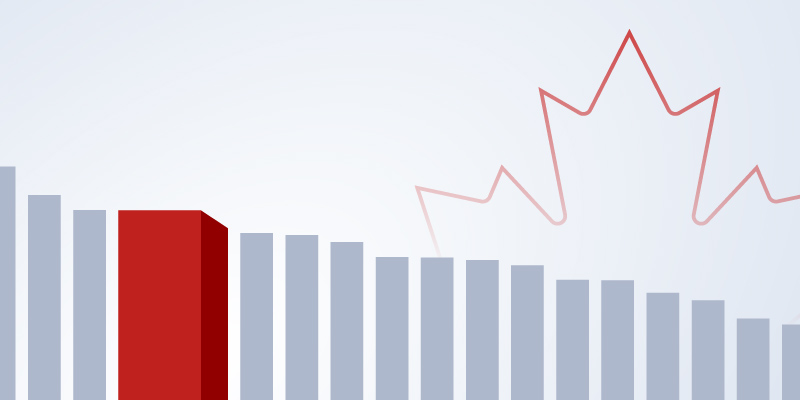 Read the Full Report
Read the Full Report View the Infographic - Canada
View the Infographic - Canada View the Infographic - British Columbia
View the Infographic - British Columbia View the Infographic - Ontario
View the Infographic - Ontario View the Infographic - Atlantic Canada
View the Infographic - Atlantic Canada Read the News Release - Canada
Read the News Release - Canada Read the News Release - British Columbia
Read the News Release - British Columbia Read the News Release - Ontario
Read the News Release - Ontario Read the News Release - Quebec
Read the News Release - Quebec Read the News Release - Atlantic Canada
Read the News Release - Atlantic Canada






